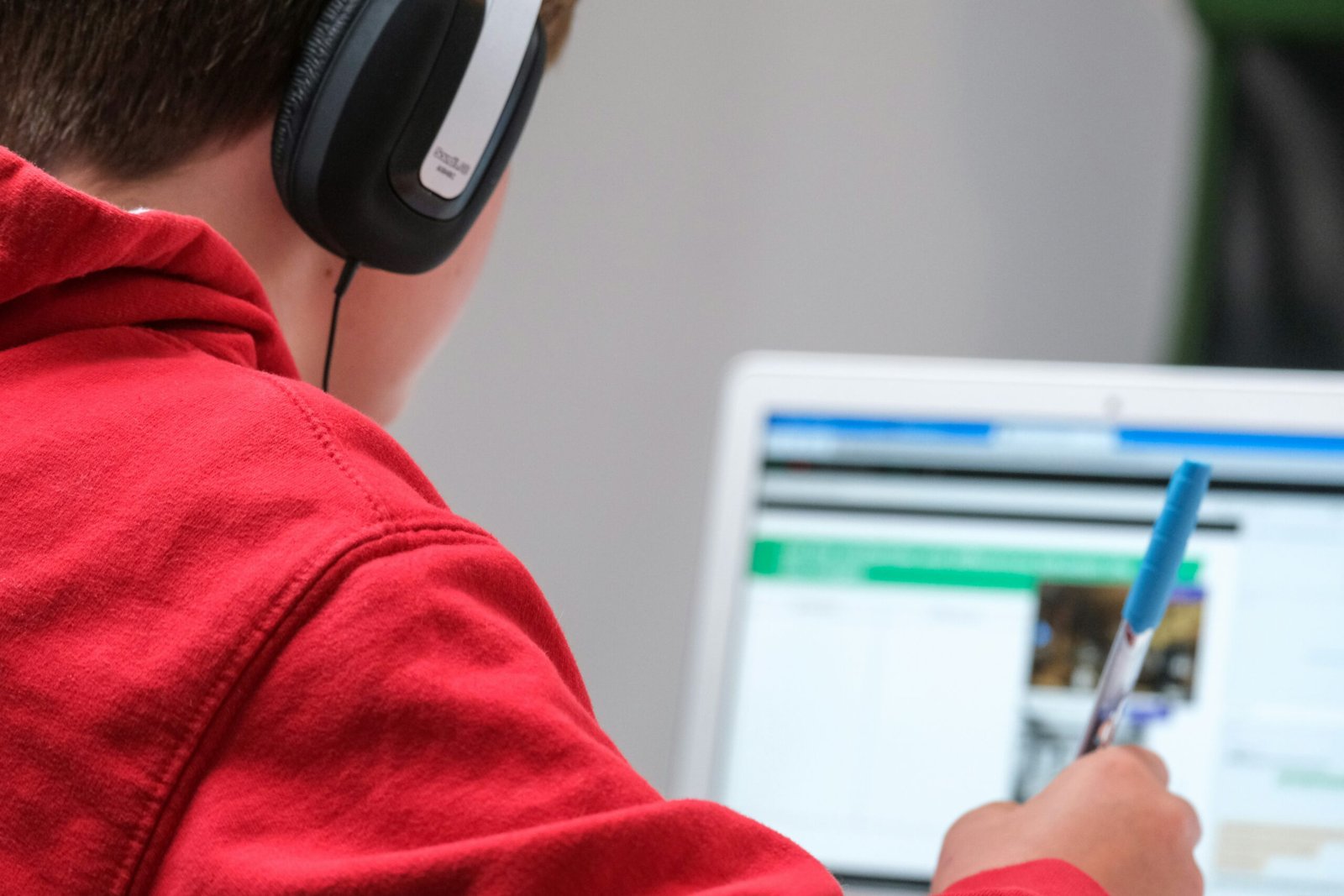The Future of Education: Online Learning Trends
Education is constantly evolving, and one of the most significant trends shaping its future is online learning. With advancements in technology and the increasing accessibility of the internet, online learning has become a popular choice for both students and professionals seeking to enhance their knowledge and skills. In this blog post, we will explore the key trends that are driving the future of education and how online learning is revolutionizing the way we learn.
The Rise of E-Learning Platforms
One of the major trends in online learning is the rise of e-learning platforms. These platforms provide a wide range of courses and resources that can be accessed from anywhere at any time. Whether it’s a short course on coding or a comprehensive program on business management, e-learning platforms offer flexibility and convenience for learners of all backgrounds.
These platforms are often designed with user-friendly interfaces, making it easy for learners to navigate and access the content they need. They also provide interactive features such as quizzes, discussion forums, and virtual classrooms, creating a collaborative learning environment even in a digital setting.
The Personalization of Learning
Another important trend in online learning is the personalization of learning experiences. Traditional classroom settings often follow a one-size-fits-all approach, where the same content is delivered to all students regardless of their individual needs and learning styles.
Online learning, on the other hand, allows for personalized learning paths. Learners can choose the topics they are interested in, set their own pace, and access resources that cater to their specific needs. This level of customization ensures that learners are engaged and motivated, leading to better learning outcomes.
Furthermore, online learning platforms often use data analytics to track learners’ progress and provide personalized recommendations. This data-driven approach allows educators to identify areas where learners may be struggling and offer targeted support, ultimately improving the learning experience.
Collaborative Learning in a Digital Age
While online learning may seem like a solitary endeavor, it has also given rise to collaborative learning in a digital age. Online platforms now offer various tools and features that facilitate collaboration among learners, regardless of their geographical locations.
Virtual classrooms, discussion forums, and group projects are just a few examples of how online learning promotes collaboration. Learners can connect with peers from around the world, exchange ideas, and work together on projects, fostering a sense of community and enhancing the learning experience.
Additionally, online learning allows for asynchronous collaboration, meaning learners can contribute to discussions and projects at their own convenience. This flexibility accommodates learners with different schedules and time zones, making it easier to collaborate and learn from one another.
The Integration of Virtual Reality and Augmented Reality
Virtual reality (VR) and augmented reality (AR) are rapidly emerging technologies that are revolutionizing the way we learn. These immersive technologies have the potential to transform online learning by creating realistic and interactive learning experiences.
With VR, learners can step into virtual environments and engage with content in a way that goes beyond traditional textbooks or videos. For example, medical students can practice surgical procedures in a virtual operating room, or history students can explore ancient civilizations through virtual tours.
AR, on the other hand, overlays digital information onto the real world, enhancing the learning experience. For example, architecture students can use AR to visualize building designs in real-world settings, or language learners can use AR to translate signs and menus while traveling.
As VR and AR technologies become more accessible and affordable, we can expect to see their integration into online learning platforms, providing learners with immersive and engaging educational experiences.
The Importance of Lifelong Learning
In today’s rapidly changing world, the importance of lifelong learning cannot be overstated. Online learning has made lifelong learning more accessible and achievable for individuals of all ages and backgrounds.
With online courses and resources readily available, professionals can upskill or reskill themselves to adapt to the demands of the job market. Likewise, retirees or individuals looking to pursue new hobbies and interests can explore a wide range of online courses and pursue lifelong learning at their own pace.
Online learning also breaks down barriers to education, making it possible for individuals in remote areas or those with physical limitations to access quality education. This inclusivity ensures that everyone has the opportunity to learn and grow, regardless of their circumstances.
Conclusion
Online learning is undoubtedly the future of education. With its flexibility, personalization, collaboration, and integration of immersive technologies, online learning is transforming the way we learn and opening up new opportunities for individuals around the world.
As technology continues to advance, we can expect to see even more innovative trends in online learning that will further enhance the educational experience. Whether you’re a student, a professional, or someone looking to pursue lifelong learning, online learning offers a world of possibilities.
Embrace the future of education and embark on your online learning journey today!
